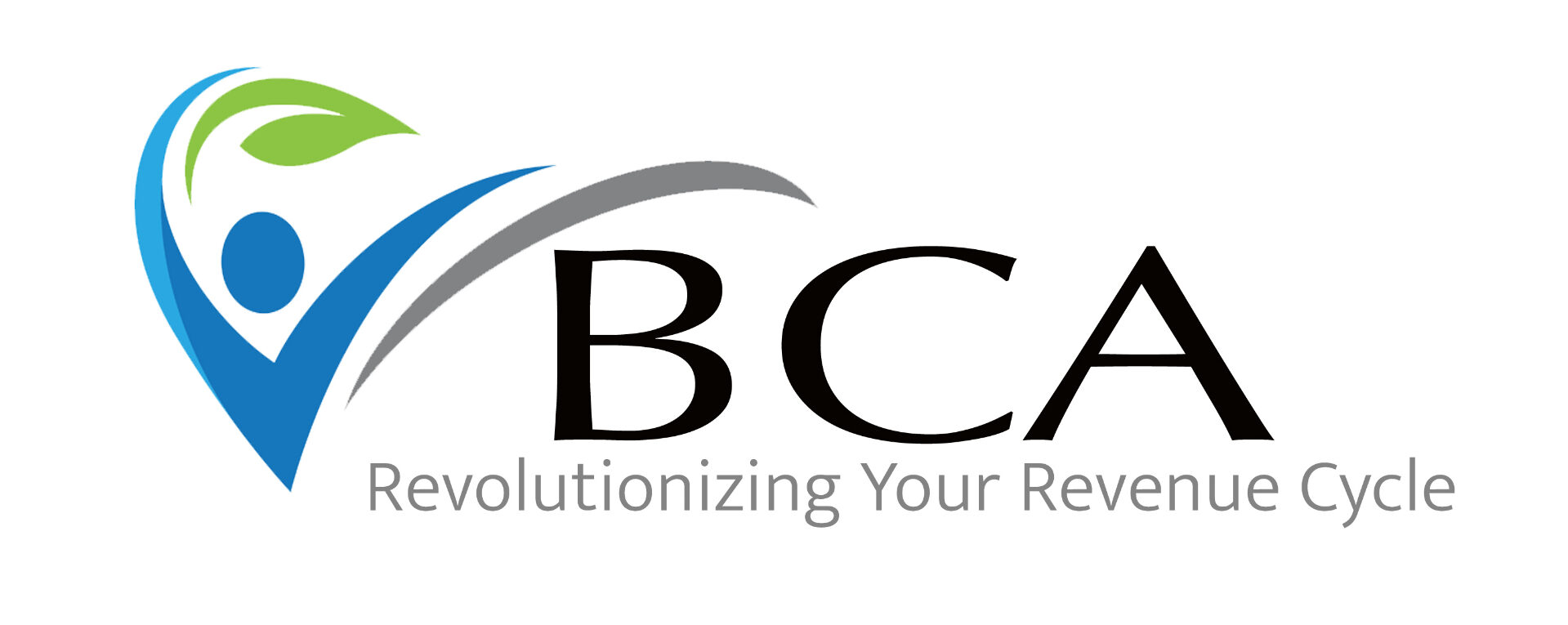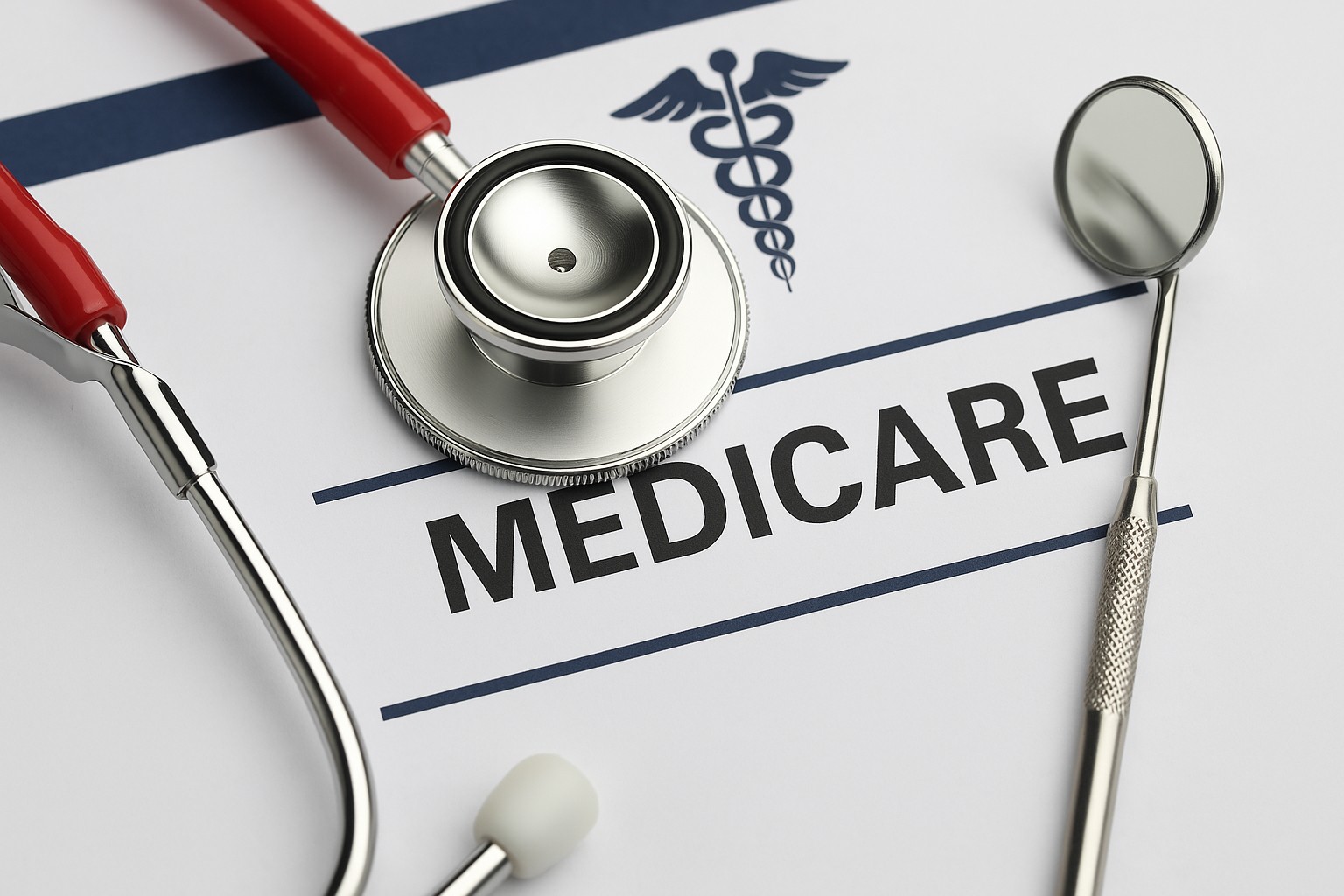Medicare’s rules on dental services continue to cause confusion for clinics and patients. Under current policy, Medicare Part A and B do not cover routine dental care such as exams, fillings, or tooth replacement. The only exceptions are when dental work is inextricably linked to a medical procedure — for example, eliminating oral infection before an organ transplant or stabilizing teeth after a jaw fracture.
Medicare Advantage plans are filling some of the gaps by offering dental benefits, though coverage differs from plan to plan. Medicaid adds another layer of complexity, with benefits that vary by state. CHIP provides more consistent dental coverage for children, but adult coverage is far less predictable.
For clinics, this creates both challenges and opportunities. Claims are often denied when documentation does not clearly show the medical necessity of dental services. Patients still face significant out-of-pocket costs, making financial counseling and education critical. And with Medicaid benefits shifting state by state, staying compliant requires close attention to local rules.
That’s where BCA can help. Our team tracks CMS and Medicaid updates, audits coding, billing, and documentation practices, and provides training so staff understand the coding and compliance details that matter most.
CMS dental policy may be complex, but clinics don’t have to navigate it alone. With the right guidance, providers can protect revenue, stay compliant, and deliver better patient experiences.
Protect your organization from audit risk with accurate, defendable documentation. At BCA, we help providers and teams apply coding rules the right way.
Schedule a consultation with one of our experts.

